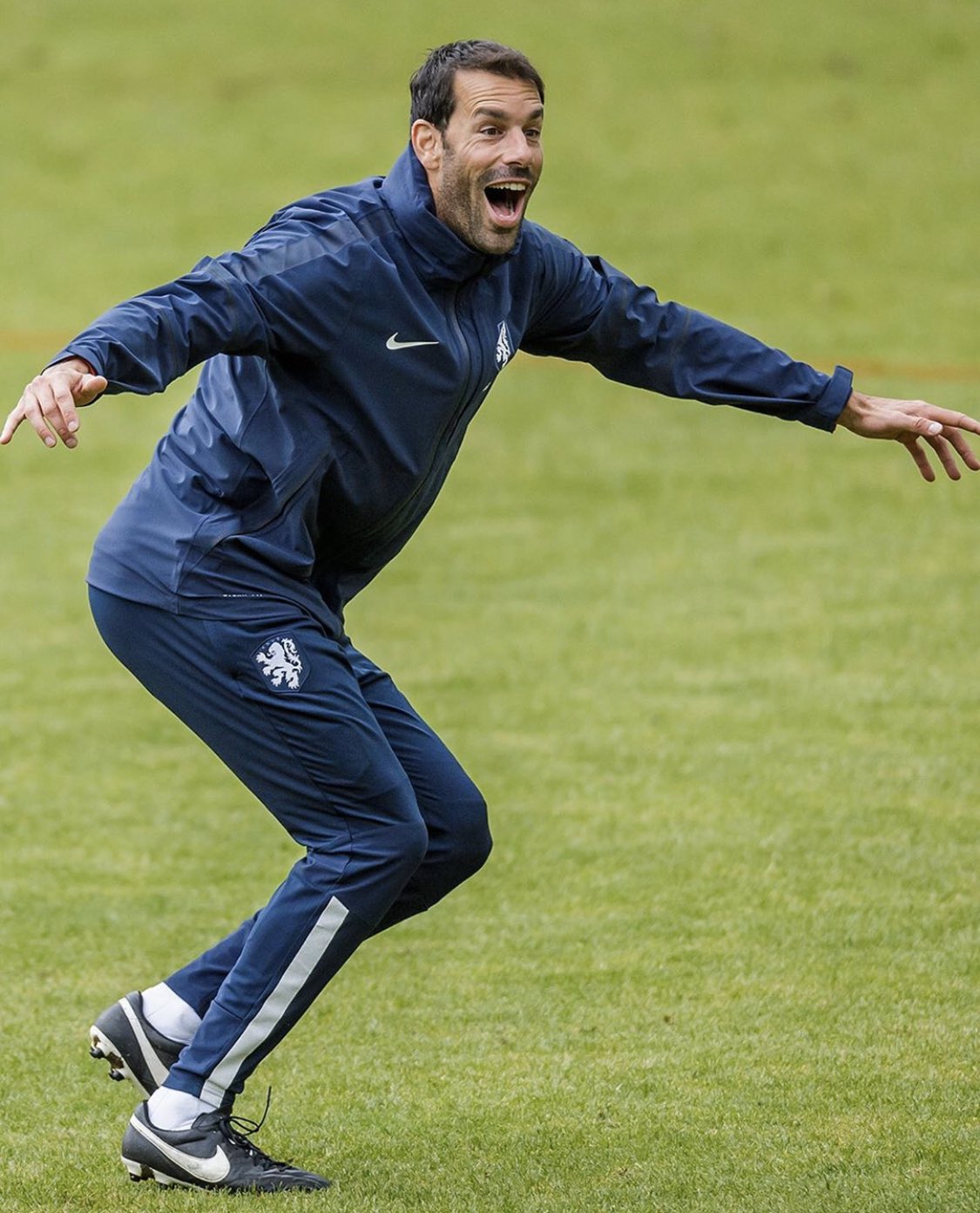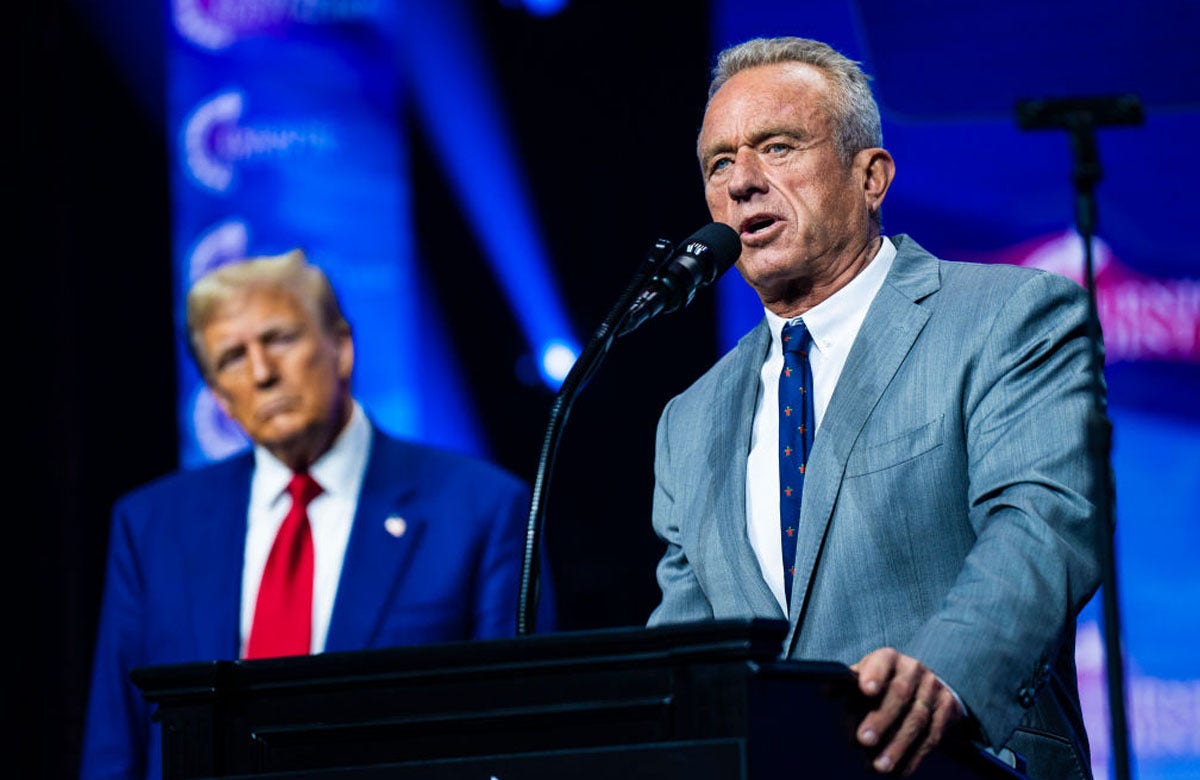Year after year, the NFL becomes more globalized with the NFL International Pathway Program being a big reason why. Somehow, the average fan only remembers some of the best NFL London games ever and not the NFL International Pathway Program or the other steps the league takes to grow the game in all corners of the world.
NFL International Pathway Program
Let’s take a closer look at the International Pathway Program, what it does, and some of the players it has produced.
Starting the International Pathway Program
British-born NFL players Osi Umenyiora and Aden Durde first came up with the idea for what would become the NFL International Pathway Program. While Umenyiora came to the U.S. to play football in high school and college, Durde did not.
The two believed that the NFL was missing out on players from all over the world who weren’t playing college football in the U.S. and were able to showcase their talents in front of NFL scouts.
They took it upon themselves to scout amateur football players from Europe on YouTube and then set up a training program for those players to receive tryouts and have meetings with NFL teams with the hope of getting them signed to teams. The NFL supported the program that Umenyiora and Durde helped to create, and in 2017, the International Player Pathway was officially created.
Who can access the International Pathway Program?
Naturally, there are rules for the NFL International Pathway Program with players needing to fit certain criteria to get an application for the NFL International Pathway. For starters, they can’t be a citizen of the U.S. or Canada and they must be out of high school but also younger than 24 years old.
Ideally, the program would attract players who haven’t played college football in the U.S., although some candidates have. Potential candidates must be able to speak English and be eligible to travel to the U.S. for two months starting in early March, which is when players train in the U.S. and have a chance to showcase themselves in front of scouts.
How it works
After NFL scouts have a chance to see players in the International Pathway Program, they have a chance to sign those players. Most won’t be drafted, although many will receive a chance in an NFL training camp.
Teams that sign a player from the Pathway Program receive an extra spot on their offseason roster, giving them 91 players instead of 90. NFL teams also get an additional spot on their practice squad if they keep a player from the Pathway Program on their practice squad. This helps to increase the chances of international players staying with an NFL team on a practice squad and further developing their skills until they’re ready to make an NFL team’s 53-man roster.
Success stories
Even in the short history of the International Pathway Program, there have been several success stories of players from foreign countries earning and maintaining a spot on an NFL roster.
Efe Obada of Nigeria, thanks to a recommendation from Durde, joined the Dallas practice squad in 2015, spending the entire season with the Cowboys but never making the active roster. After being cut by two other teams in 2016, Obada caught on with the Panthers in 2017 and became the first player from the International Player Pathway to make a 53-man roster. The defensive end spent three seasons with the Panthers, totaling 7.5 sacks before collecting 3.5 sacks with the Bills in 2021. Obada then signed with the Commanders in 2022 and has proven himself to be a viable backup in the NFL.
Fullback Jakob Johnson of Germany played three seasons for the Patriots before signing with the Raiders in 2022. Australian native Jordan Mailata played mostly rugby growing up but trained with Durde and participated at a combine in front of NFL scouts.
Despite doubts about his football instincts, the Eagles drafted him in 2018, selecting him 233rd overall. While it took some time, Mailata became the full-time starting left tackle for the Eagles in 2021 and soon signed a four-year, $64 million contract. The likes of Obada, Johnson, and Mailata are now poster boys for the success of the NFL International Pathway Program.





















Discussion about this post